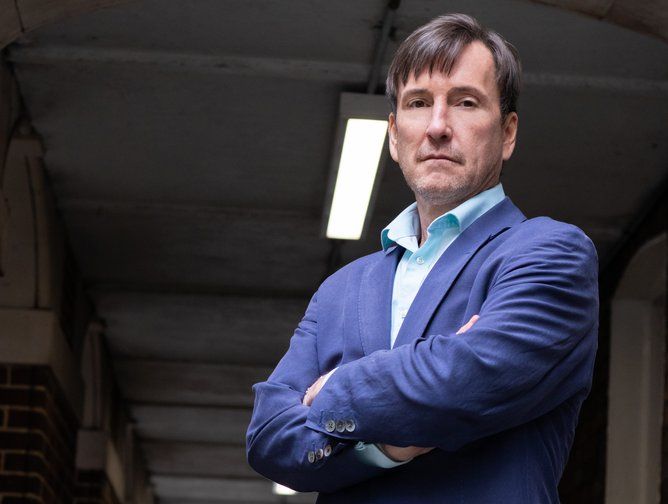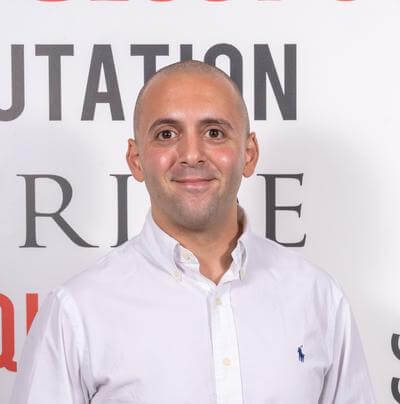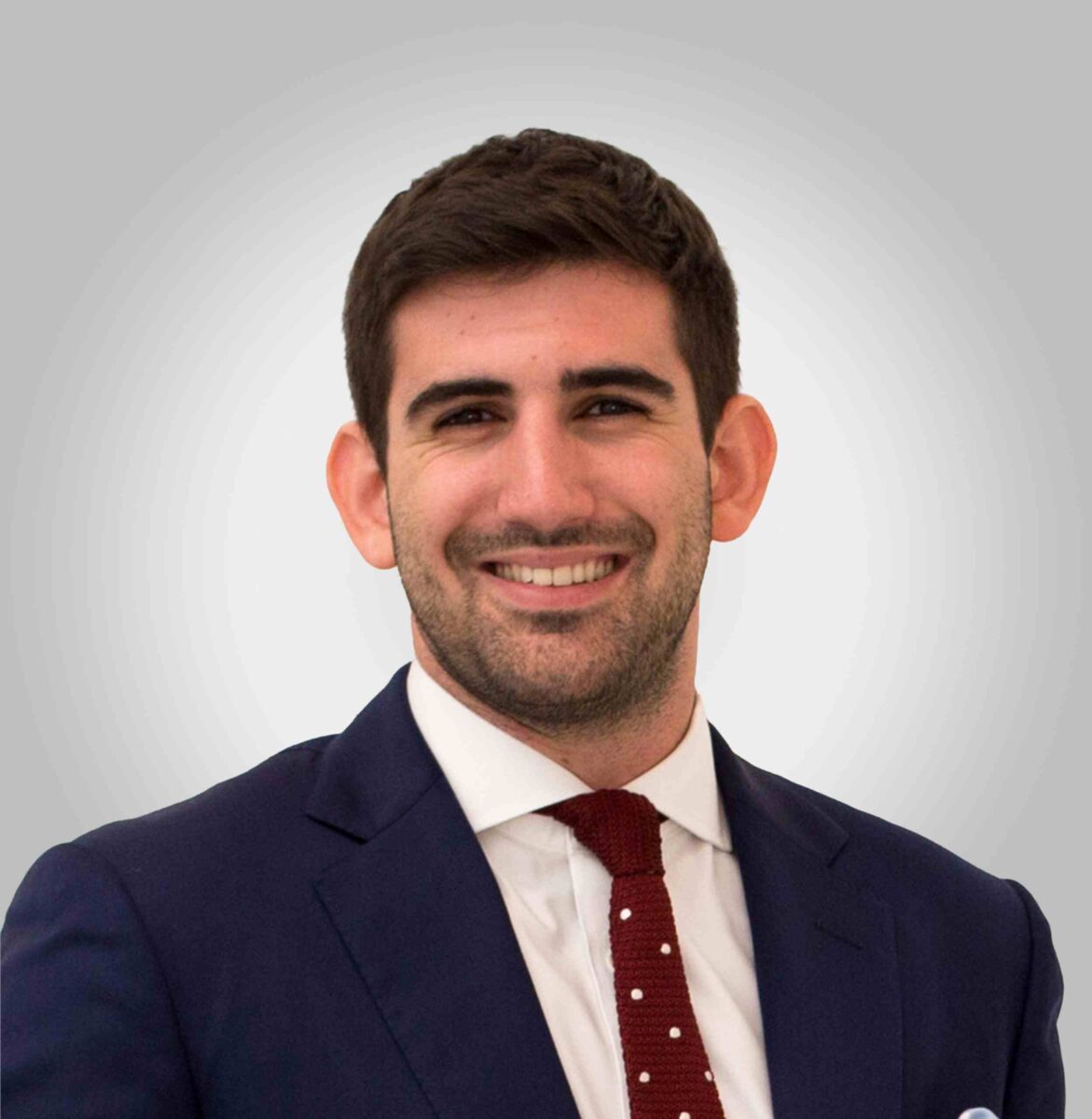In this exclusive interview, we sit down with Michael Marcotte, Co-Founder of the US National Cybersecurity Center and Chairman, CEO, and Founder of Artius.iD, a leading provider of enterprise-grade digital identity services to S&P 500 companies. As we look toward the cybersecurity landscape in 2025, Marcotte offers invaluable insights into the challenges and opportunities that lie ahead.
"The cybersecurity landscape in 2025 will be shaped by three key factors: the rise of AI-enhanced attacks, the growing cybersecurity skills gap, and the evolving role of the CIO.
AI will be a top concern for cybersecurity specialists in 2025. It has significantly lowered the bar to entry for cybercriminals and bad actors, increasing the rate, ferocity, and complexity of attacks like we haven't seen before.
Cybersecurity teams must fight fire with fire, reinforcing their first line of defense with state-of-the-art cybersecurity tools. We can expect more of these tools to enter the market this year, so firms will have to do thorough due diligence to weed out the gimmicks from the gadgets and find the most robust tools for their organization.
The growing cybersecurity talent void will only exacerbate the unprecedented threat level we'll see. Just as attacks become more advanced and regular, the pool of cybersecurity experts with enough breadth and depth to understand all levels of abstraction in the technology they're defending shrinks further. This will – should, at least – spark intense competition for the top talent in the sector throughout 2025. Firms that are lucky enough to have a real cybersecurity master in place must focus on absorbing as much of that knowledge as possible into their younger talent.
CIOs will be instrumental in 2025. As AI's use in attack and defense skyrockets, businesses will need CIOs at the helm who can stay abreast of the rapid rate of development of this technology while also preventing an irreversible slide into blind dependence on AI tools in which AI, not human talent, sets the direction. This demands that one of their key roles be talent acquisition and retention – and the ability to secure the necessary funding for this."
We’d love to hear from you! For feedback, comments, or inquiries about being featured, please reach out to us at hello@thetechnational.com.








